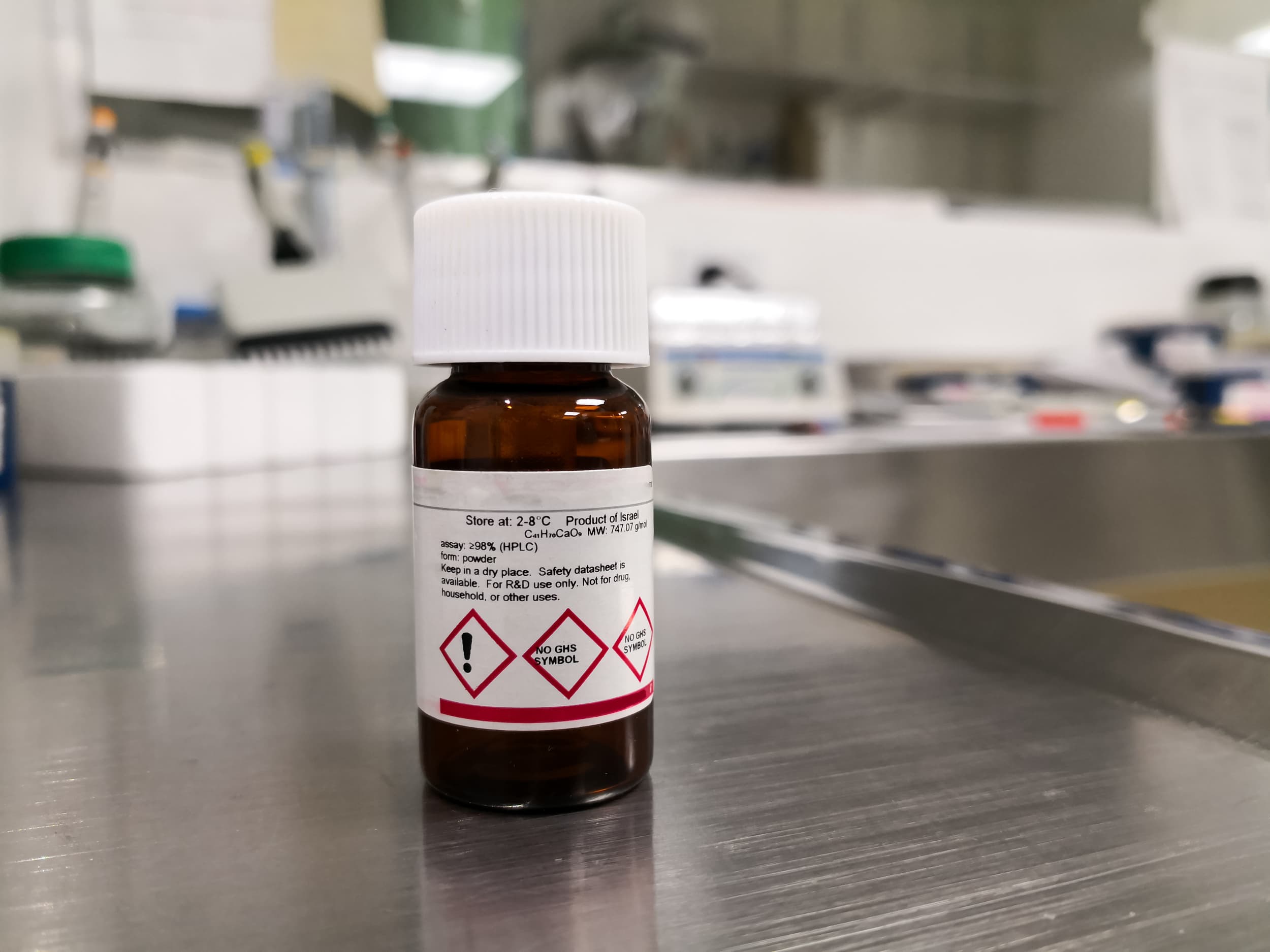
Multimodal DOT & IATA HAZMAT Shipping
- Instant DOT/IATA Certificate
- 100% Online, Self-Paced Without Timers
- DOT & IATA Compliant HAZMAT Training
Our DOT & IATA HAZMAT Training course is designed to teach individuals how to handle and transport hazardous materials safely. This course offers a clear overview of current DOT and IATA regulations while teaching practical methods for identifying, marking, labeling, placarding, and packaging different types of dangerous goods. The course also includes real-world case studies, interactive exercises, and scenario-based learning to help you effectively manage risks and respond to emergencies in a shipping environment.
If you do not have a copy, you should consider purchasing the IATA Dangerous Goods Regulations (DGR) Manual both for reference purposes in your day-to-day shipping operations, and while taking this course.
This training is ideal for workers who pack, load, transport, and inspect hazardous materials that are subject to IATA, and DOT shipping regulations. This course trains workers who transport different shipments over different platforms as well as workers whose shipments are carried over more than one platform along a single route.
Case Study:
In July 2009, a cargo tank truck carrying 2,999 gallons of gasoline was hit by a car in Upper Pittsgrove Township, New Jersey. The driver of the car failed to obey a stop sign and collided with the truck. Two of the truck's loading lines were ruptured, releasing approximately 13 gallons of gasoline onto the automobile, which was wedged under the truck. The post-crash fire consumed the automobile, killed the automobile driver, and damaged the cargo tank truck. The self-closing stop valve on the cargo tank functioned properly, and the 2,999 gallons of fuel still contained in the compartment prior to the accident were safely offloaded after the fire was extinguished.
The accident was instigated by the failure of the automobile driver to obey a stop sign equipped with flashing red lights. It is impossible to say whether that alone would have resulted in a fatality. The collision also caused the cargo tank's loading line to rupture. The gas in the loading line caught fire, seriously adding to the violence and severity of the accident.
The National Transportation Safety Board has been concerned about this safety issue for decades. The accident illustrates why the NTSB strongly believes that transporting flammable materials in external loading lines of cargo tanks should be prohibited.
Available languages: 100+ languages - translation provided by Google Translate (Select Language bottom of page)
Governing Regulations
Shipping hazardous materials requires following both Department of Transportation (DOT) rules and International Air Transport Association (IATA) guidelines. In the United States, IATA’s Dangerous Goods Regulations (DGR) set the guidelines for the air transport of dangerous goods.
What You'll Learn
Topics Covered
- Introduction to Multimodal DOT & IATA HAZMAT Shipping
- Regulatory Agencies and Hazard Classes
- Classes
- The Hazardous Materials Table
- List of Dangerous Goods for Air Transport
- Marking, Labeling, and Placarding
- International Air Transport Association Dangerous Goods Regulations Marking and Labeling
- General Packing Requirements
- Packaging Exceptions
- Documentation
- Security
- Incident Reporting
DOT & IATA training refers to an online multimodal HAZMAT shipping safety course that covers the regulations for transporting hazardous materials by road and air. This comprehensive training program is designed to ensure compliance with both the U.S. Department of Transportation (DOT) HAZMAT Shipping regulations and the International Air Transport Association (IATA) Dangerous Goods Regulations (DGR).
Our DOT & IATA HAZMAT training course is a complete online resource that includes in-depth explanations of DOT HAZMAT shipping regulations and IATA Dangerous Goods regulations, interactive modules on identifying, marking, labeling, placarding, and packaging hazardous materials safely, and quizzes and assessments throughout the course to test your knowledge. A downloadable and printable certificate is also included and will be delivered upon successful completion of the program.
Yes, you can complete the DOT & IATA HAZMAT training online. However, it’s important to understand that while many refer to it as “DOT & IATA Certification,” there is no official certification issued by DOT or IATA. Instead, a certificate of completion will be awarded upon successful completion of the online program.
Our online DOT & IATA HAZMAT course provides approximately 6 hours of instructional content covering essential regulations, safety protocols, and best practices for handling hazardous materials. However, because the course is self-paced, your overall completion time may vary depending on your individual learning speed. This flexible design allows you to log on and off as needed and pick up exactly where you left off without any time pressure.
The minimum time required to complete this online course is 6 hours. You can pause and resume at any time, and your progress will be saved so you can continue where you left off.
You must complete the course within 60 days, as access will expire after that period.
While the course itself takes at least six hours to complete, how long your training stays valid depends on current regulations. For example, the IATA Dangerous Goods Regulations require you to refresh your training every 24 months, and DOT HAZMAT shipping rules call for retraining every three years. We will send participants a friendly email reminder 21 days before training is due for renewal, making it easy to schedule a refresher course and stay up-to-date with training requirements.
Hazard Communication (HazCom, GHS) Online Training
This global harmonized system training course covers the requirements of OSHA's GHS Hazard Communication Standard (also known as Workers Right To Know) specifically targeted to...

IMDG Code: Shipping Dangerous Goods by Sea
This course is designed to familiarize you with the most recent edition of theIMDGCode which is a two-volume book that covers various provisions for the safe maritime transport...

IATA Battery Shipping Regulations (BSR)
This course presents an overview of the rules and regulations associated with the safe transport of lithium batteries on airplanes, including...
